3rd Asia Clinical Legal Education (CLE) Conference
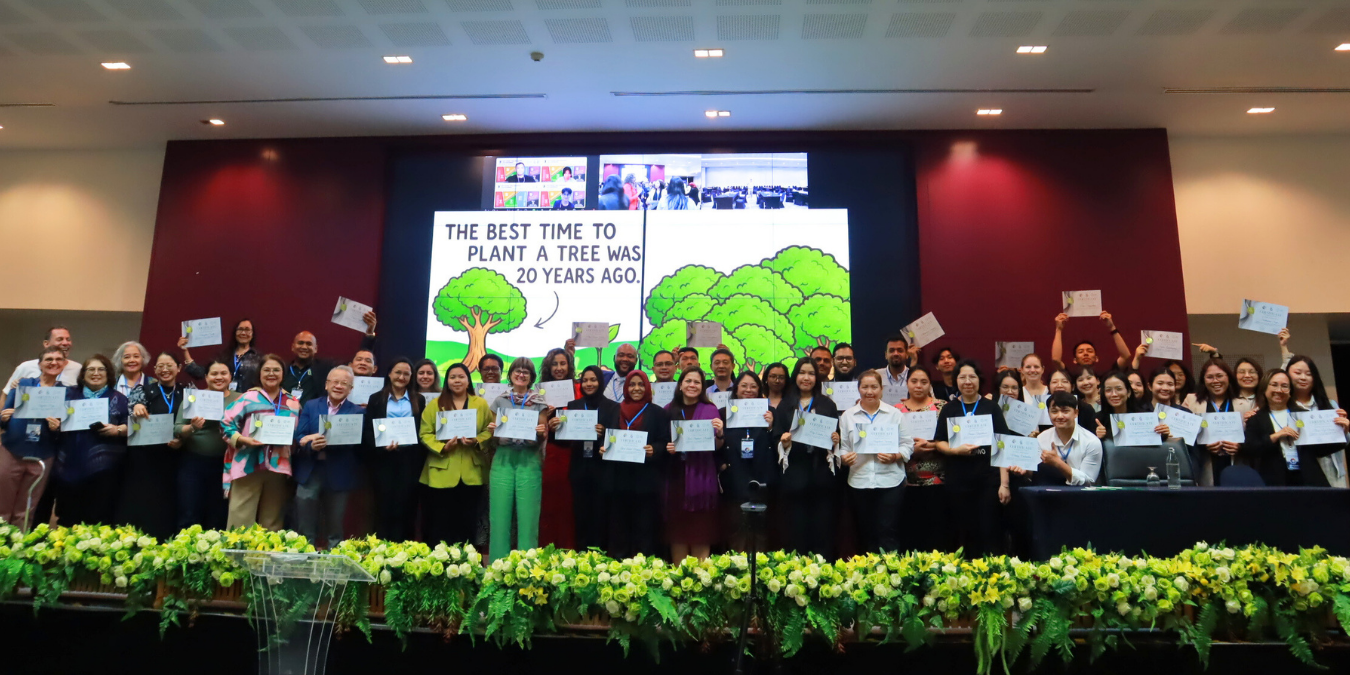
The 3rd Asia Clinical Legal Education (CLE) Conference took place from 23–25 May 2025 in Chiang Mai, Thailand, bringing together 187 participants from 14 countries in a hybrid format that combined both in-person and virtual engagement. Co-hosted by BABSEACLE and the Faculty of Law, Chiang Mai University, the conference served as a vibrant and inclusive platform for dialogue, collaboration, and innovation in the field of Clinical Legal Education.
With the theme “Collaboratively Institutionalizing CLE Locally, Regionally, and Globally,” the conference emphasized the importance of collective efforts in developing sustainable and impactful CLE programs. Participants explored innovative approaches and shared best practices for integrating CLE into legal education systems, with a focus on improving the quality of legal instruction while promoting access to justice, upholding the Rule of Law, and nurturing a pro bono ethos among legal professionals. The event encouraged deeper cross-border collaboration and inspired a shared vision for legal education that is experiential, socially responsive, and justice-oriented.
Special thanks to Herbert Smith Freehills for their meaningful and continued support for their generous support of this important event. Their ongoing commitment to pro bono work and legal education has played a significant role in advancing the CLE movement across Asia and beyond.
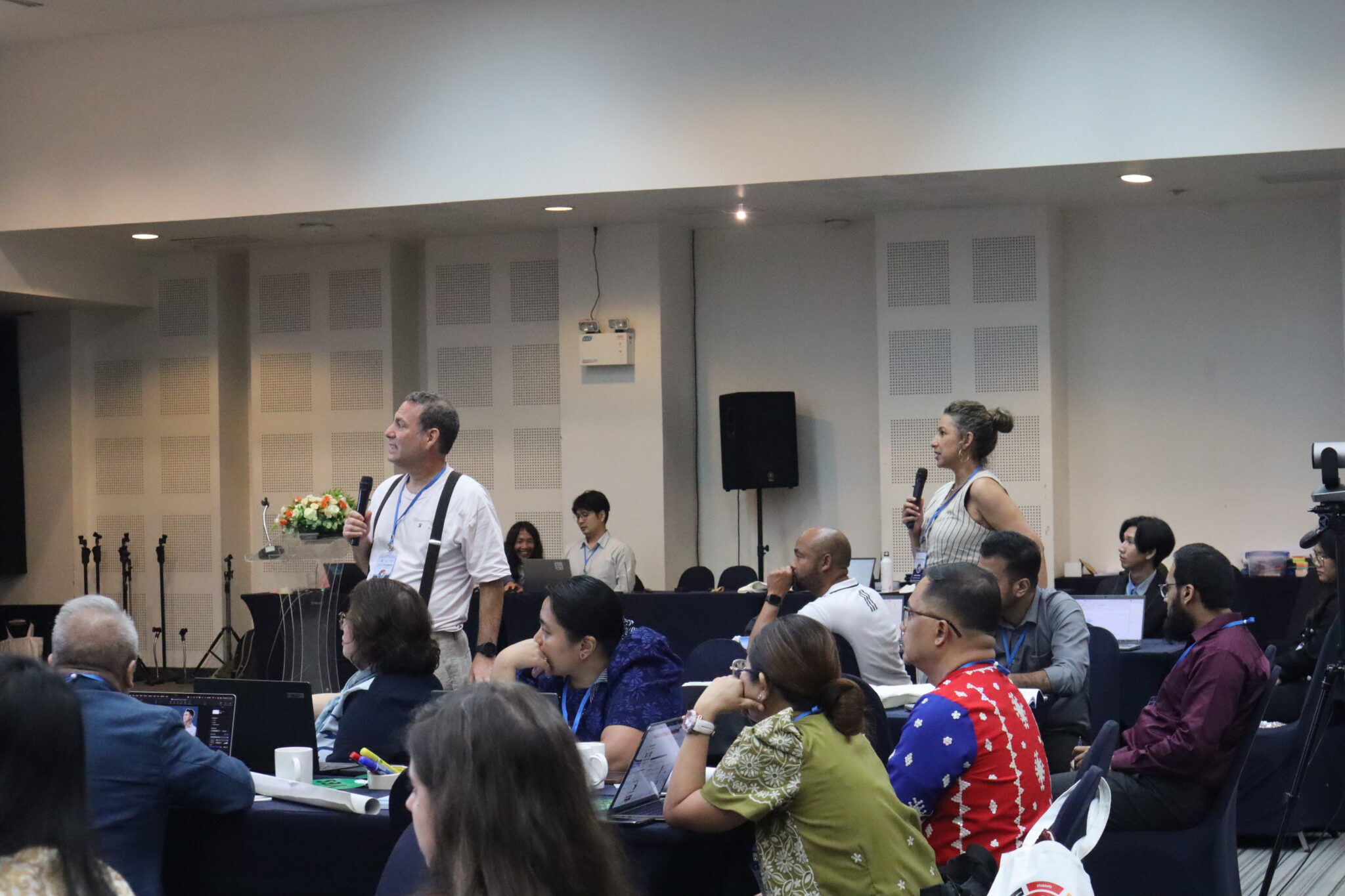
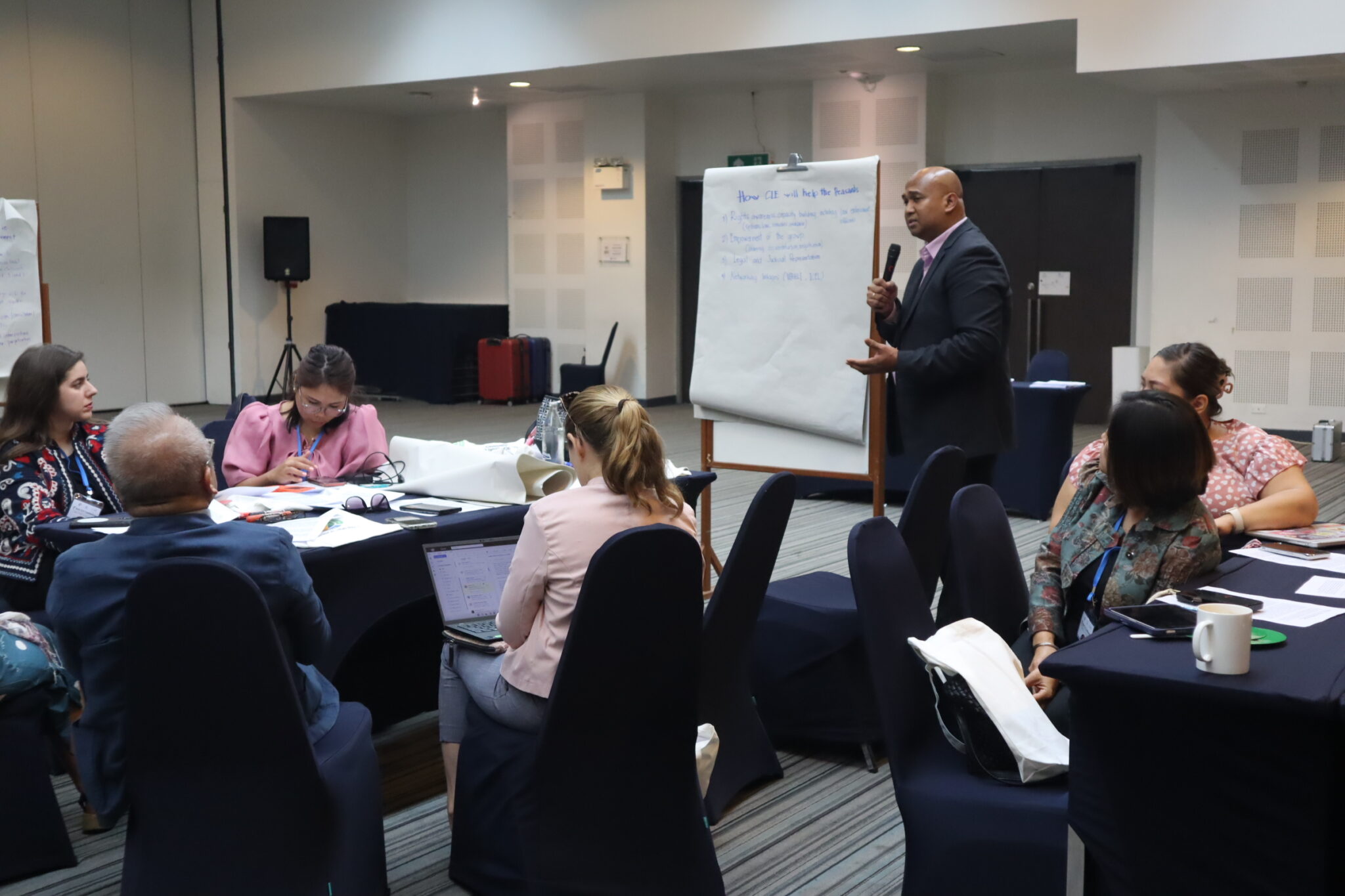
The conference featured a rich array of presentations and workshops showcasing innovative practices and thematic areas shaping the future of legal education. Highlights included in-depth discussions on the CLE 6 Goals Methodology, which offered a structured framework for building and evaluating clinical programs. Participants examined the critical role of Environmental Legal Education, exploring how clinics can address pressing ecological and sustainability challenges. A powerful session on Project Freedom focused on legal empowerment for persons deprived of liberty, highlighting community-based legal services and access to justice initiatives. The integration of technology into CLE was also a major theme, with engaging demonstrations on Artificial Intelligence and Virtual Reality, including immersive VR courtroom simulations used as experiential learning tools for law students. These sessions, along with many others, illustrated the dynamic and forward-looking direction of CLE efforts throughoudt the region.
The 3rd Asia CLE Conference marked a significant step forward in strengthening national, regional, and global networks that support the transformative potential of clinical legal education. As the CLE community continues to grow, the connections made and insights shared during this conference will serve as a foundation for continued progress, innovation, and cooperation in the years to come.
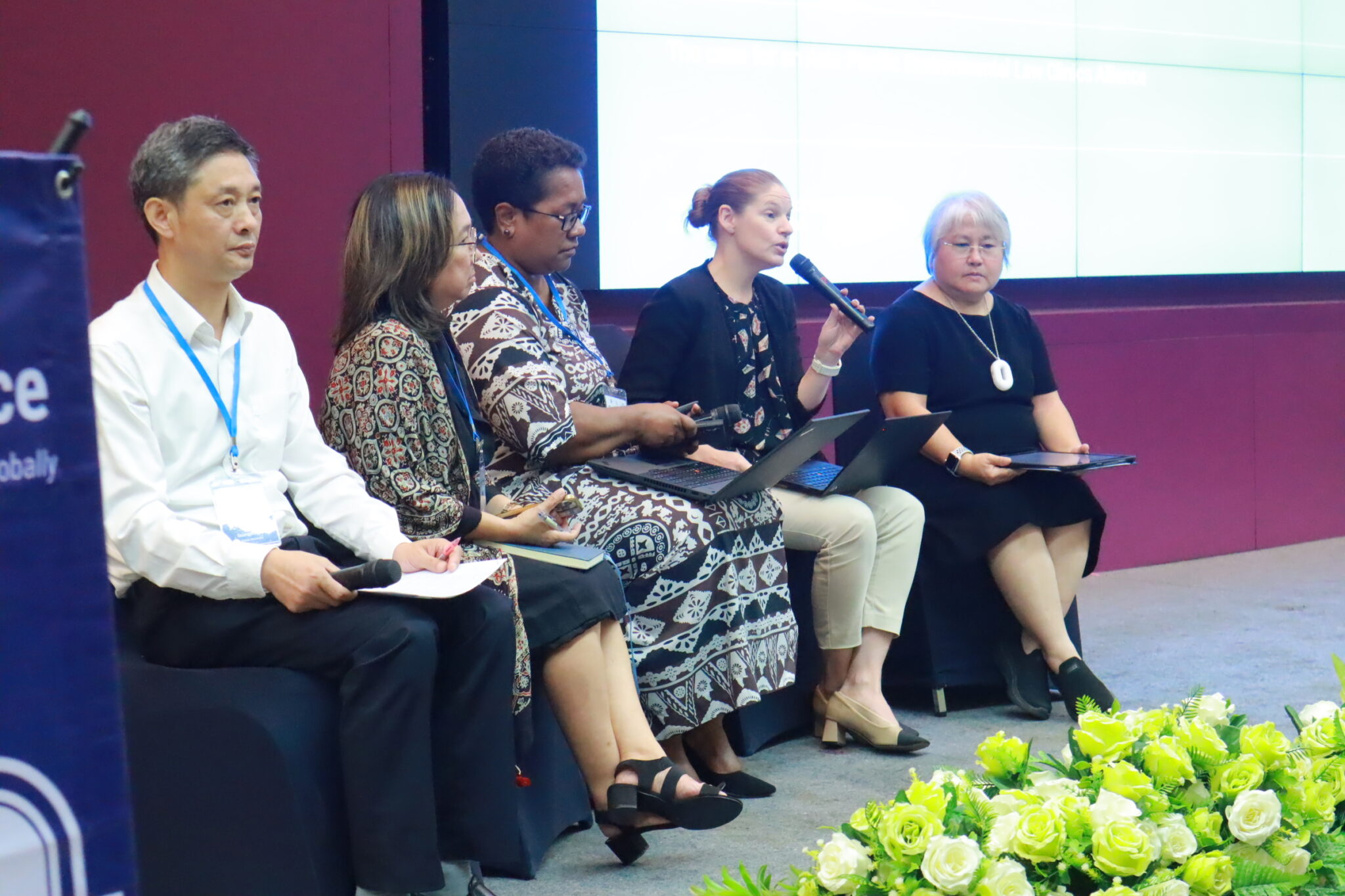
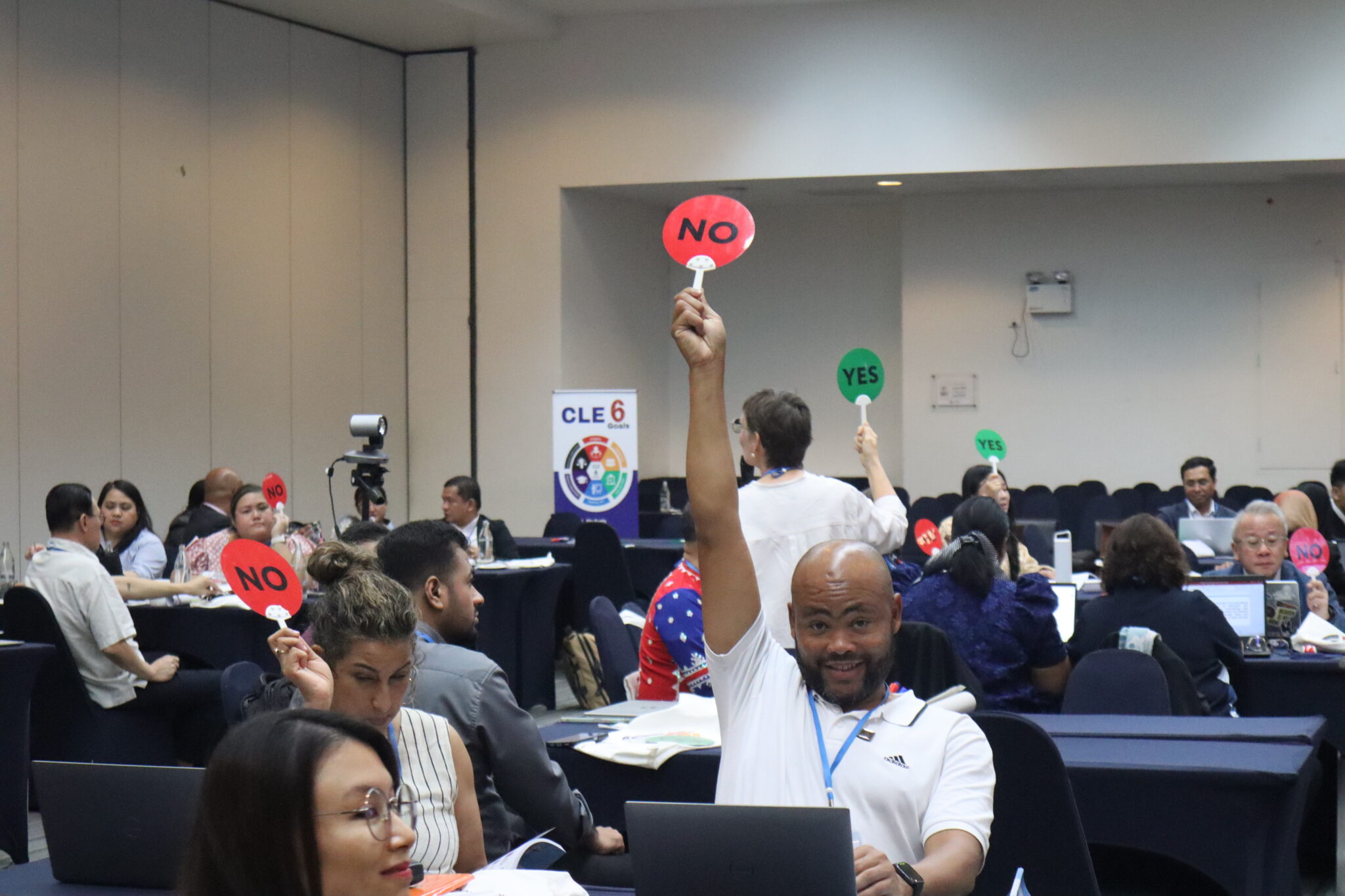
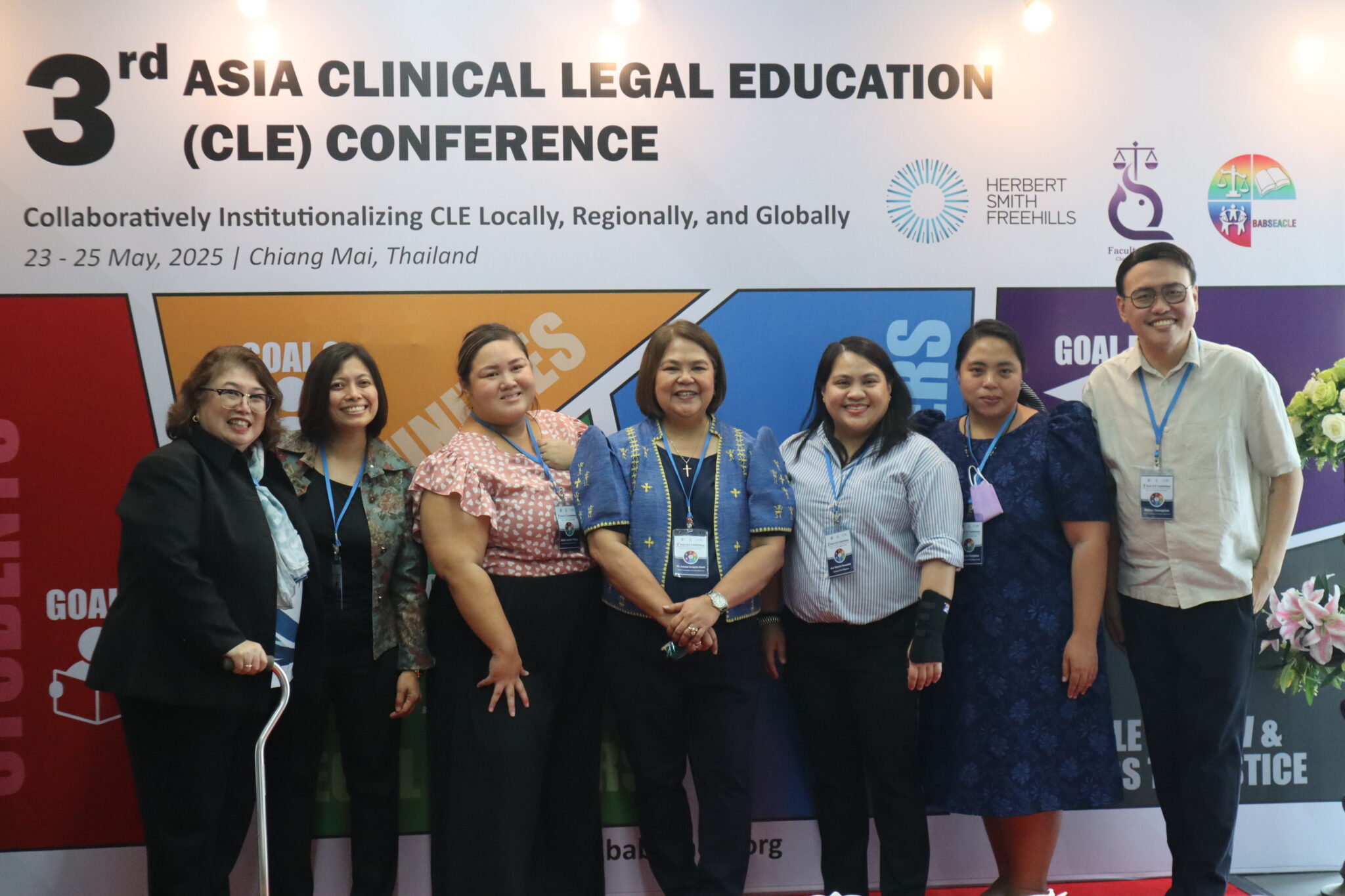
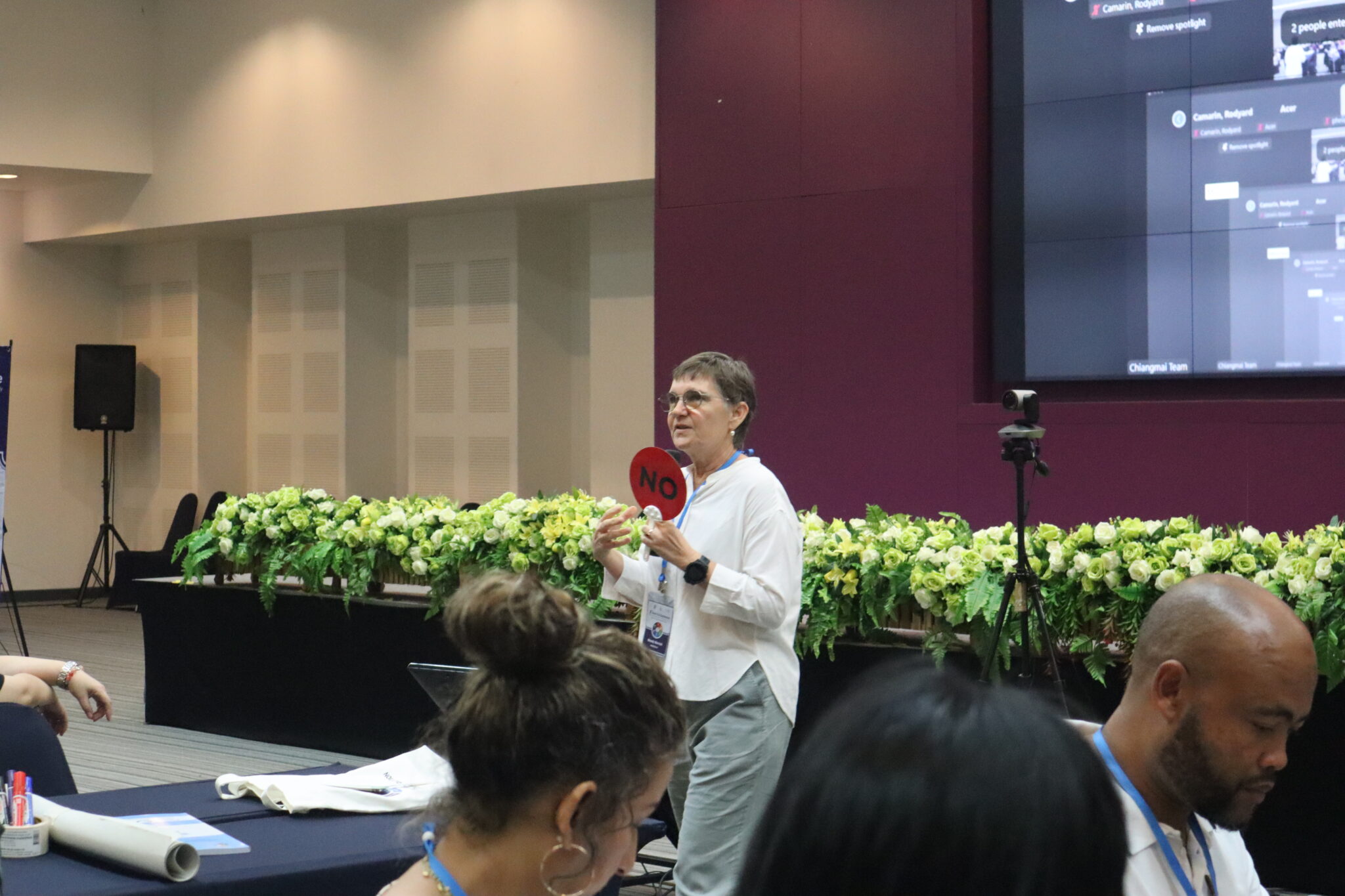
Conference Compendium
We are pleased to share this conference compendium, which compiles the abstracts and papers presented at the conference.
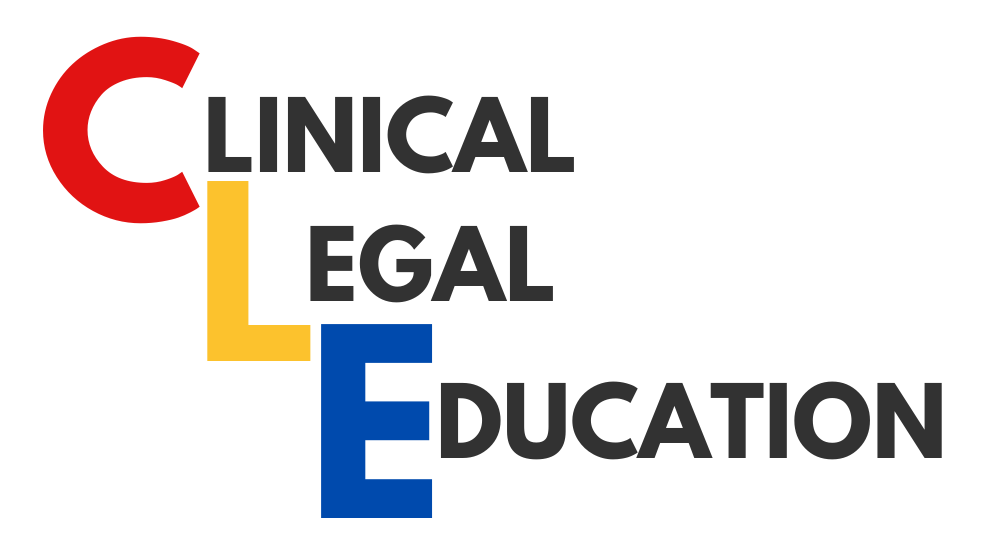
Clinical legal education (CLE) is a progressive educational system most often implemented through university-based faculty of law programs to help develop better-trained, more socially conscious legal service providers. It is a process whereby students learn by doing. It is an experiential problem-solving based model, in which students actively involve themselves in either real client/personal interactions or simulation case studies set up to mirror real client/personal scenarios. This process is conducted under the supervision of experienced clinicians and legal practitioners. CLE also involves a variety of community outreach programs.
As a teaching device, this type of experiential problem-based learning is considered a highly effective means of adult learning where students learn and importantly retain a vast amount of what is taught. The use of this interactive method of teaching focuses students on becoming more able, thorough and ethical advocates, attorneys, governmental and private employers/employees.
“Clinical Legal Education (CLE) programs provide pro bono services to the community while educating the next generation of social justice, pro bono champions.”
